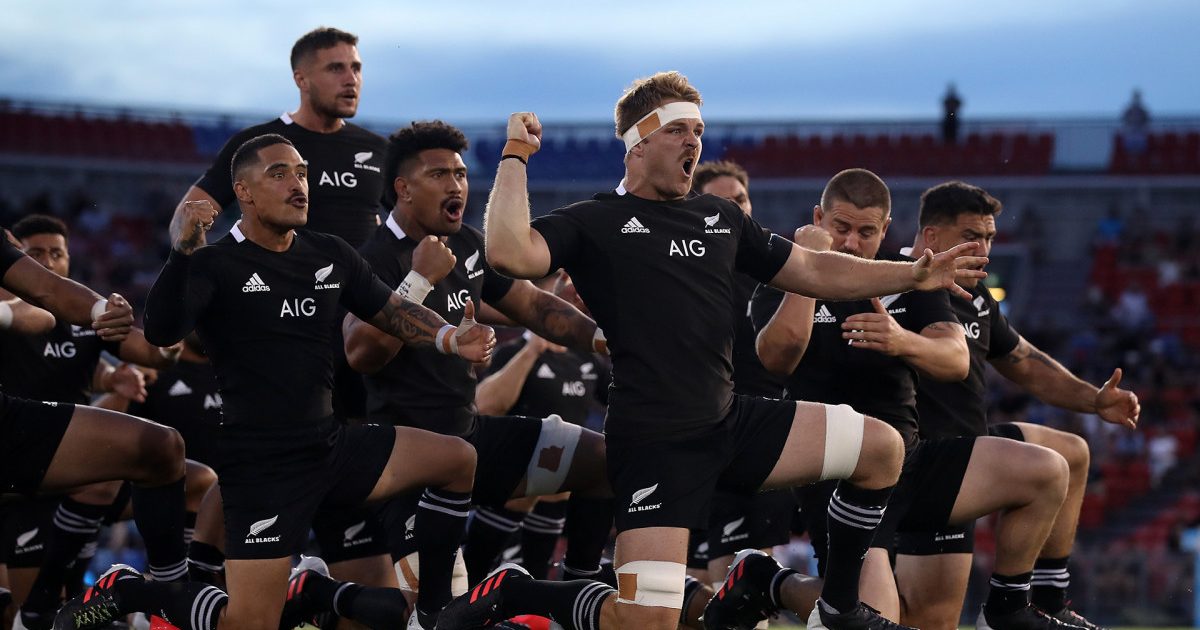New Zealand's elite players would be better served trying to win the odd test match rather than dictating terms of the Silver Lake deal

Let’s assume the New Zealand Rugby Players’ Association are the smartest guys in the room.
Let’s assume that it’s only the NZRPA and not the staff at New Zealand Rugby (NZR) and their board, nor our 26 provincial unions, who can see any issues with the proposed Silver Lake private equity deal.
Let’s also assume that it’s only the NZRPA – and none of the other folk mentioned above – who have the game’s best interests at heart.
While we’re at it, let’s also assume the NZRPA have more integrity and vision than anyone at SA Rugby or Rugby Australia. Both those outfits – like NZR – are going down the private equity route in an effort to bankroll the game in their country.
More fool them, eh?
Correct me if I’m wrong, but this is the narrative we’re being sold, right? That NZR and the provincial unions are dullards, who are going to sell off the family silver for a few years of prosperity, but will ultimately go broke.
That the NZRPA can see this clear as day and by declining to endorse the deal with Silver Lake, are saving rugby in New Zealand from the halfwits who laughably call themselves the guardians of our game.
Again, feel free to jump in any time, because I’d hate to misrepresent the NZRPA’s position here.
Silver Lake – as we’re all well aware by now – are offering NZR $387.5 million for a 12.5 percent stake in a newly-created entity called Commercial LP.
New Zealand Rugby, as they’ve been at pains to point out, need this money in order to stay afloat. They put it in more positive terms than that, highlighting all the worthy programmes and initiatives the Silver Lake loot would fund, but this money basically represents the difference between having to shut up shop and not.
The union have just posted a deficit of more than $34m for the 2020 financial year and – to be perfectly frank – are going broke trying to satisfy the wage demands of the NZRPA.
It’s hard to pin down exactly what the NZRPA don’t like about the Silver Lake deal, other than they don’t like it. As senior All Black Dane Coles put it, by way of explanation, they don’t want the team becoming a “comic book.’’
Never mind the NZRPA’s cartoonish ideas of what might suit them better, such as NZR selling a stake 5 percent in the All Blacks to the man and woman in the street.
Rugby is broke now. In New Zealand, in Australia, in South Africa and money – and lots of it – has to come from somewhere.
Never mind five years from now, NZR and the 26 provincial unions are already skint. They’re already making losses and $20 donations from rank-and-file fans won’t really change that.
Short of the players agreeing to pay for free, it is going to take deals such as the Silver Lake one to keep a few of these national bodies in business.
Rob Nichol, the ubiquitous boss of the NZRPA, says his body will come to an agreement with NZR eventually. Which, in recent years, has tended to mean NZR will cave in to the players’ requests.
These same players who, when NZR no longer offers them a wage they feel is worthy of them, inevitably upsticks and go and play somewhere else.
It’s funny, isn’t it? You assume there’s the odd NZR staffer or board member who think they know more about rugby than the All Blacks themselves or their coaches. Who spectacularly overstep the mark occasionally and tell someone such as Coles where they’re going wrong with their lineout throwing.
We would dismiss such a person as a fool and yet here we are, letting players dictate what kind of commercial deals their employers can enter into.
The NZRPA worries that NZR will be broke five years from now. They argue the Silver Lake deal is a poor one, with the potential to bring the game to its knees.
They fear the commercialisation of the All Blacks’ jersey and the haka, as if neither are turning a buck for all concerned already.
Again, you’ll have to forgive me if I’m wrong, but there isn’t a queue of companies lined up around the block, looking to give NZR $400 million. And if there are, none of them are offering that money with no strings attached.
Rather than offering NZR advice of what’s a good deal and what’s not, our elite players would be better served trying to win the odd test match.
For all the players’ business acumen, few All Blacks have come close to justifying their salaries in the last year or so.



































































